If I asked you, “what have you inherited from your family?” A few different ideas might come to mind: maybe your curly hair, your complexion, your knack for reading people, that stubborn streak, or your sense of humor, and on and on. We also know there’s other stuff you can’t see: maybe diabetes runs in your family, or high blood pressure, or other medical issues. However, there’s something else that can be inherited too: trauma.
Accepting Yourself
Self - Kindness was my Key to Self - Compassion
“Self-compassion is simply giving the same kindness to ourselves that we would give to others.” – Christopher Germer
Be kind. It is a simple concept and one that many people try to live by. We often try to extend kindness to others and to treat other people with respect, but why is it so hard to be kind to ourselves? I have often been described as a kind person.
Self-Compassion: Builiding the House You Live in
“A word after a word after a word is power.” Margaret Atwood tells us. “You cannot build joy on a feeling of self-loathing.” teaches Ram Dass. “The words you speak become the house you live in.” writes the poet Hafiz. All three offer the wisdom that how we speak to and about ourselves influences the ways we show up in the world and engage with others. Language helps us to make meaning of our experiences.
Breaking the Cycle. Ending the Pain. Healing Generational Trauma
“Remaining silent about family pain is rarely an effective strategy for healing it. The suffering will surface again at a later time, often expressing in the fears or symptoms of a later generation.” - Mark Wolynn
This quote hurts and cuts deep. Reading it makes me want to spill every single word about my own experiences with generational trauma I hold inside of me, healed and unhealed, on this page. I’m not here to do that. I’m here to share resources that show it is possible to break the cycle of generational trauma. I’m here to show, with personal experience, that it is possible to break the cycle of generational trauma. Briefly, generational trauma is trauma that has been transferred from one generation to another. These traumatic events can shape and impact the way that generations to come understand, cope, and heal.
Resilience: Practicing Hope and Gratitude in Adversity
Loving Your Inner Child
Reparenting: Inner Child Work
It was two in the morning. I was folding laundry warm out of the dryer. My 6-month-old daughter had finally fallen asleep snuggled up to my chest in her baby wrap. I was listening to a podcast of Dr. Brené Brown speaking with Jonathan Fields about the importance of creating cultures of vulnerability, compassion, and wholeheartedness in the workplace.
Parenting and Reparenting
Reparenting and Inner Child Work
What is Reparenting?
The Magic and Mess of Friendship
Flourishing Friendship
Unpacking Religious Trauma
Processing PTSD
Posttraumatic stress disorder, or PTSD, is a collection of negative behaviors, symptoms, and moods triggered by a traumatic experience. PTSD can also be triggered by an ongoing event. The event can occur over a matter of days, weeks, months, or even years. This is known as complex posttraumatic stress disorder or C-PTSD. Experiences associated with posttraumatic stress disorder are abuse, terrorism, natural disasters, violence, and illness.
Learning How to Swim Through The Waves of Grief
Navigating Grief and Loss
Loss is an inevitable part of life that impacts everyone in different ways. Loss can come in various forms, from the passing of a spouse, to the loss of a friendship, even to the termination of employment. As we have pushed through the peak of the COVID-19 pandemic, we come to a terrifying realization of how quickly life, relationships, and/or jobs can be taken out of our grasp.
Healing and Growing Through Life's Journey
According to Cambridge Dictionary, healing is the process by which a bad situation or painful emotion either ends or improves (Cambridge dictionary: Find definitions, meanings & translations 2022). Growth, according to the APA Dictionary of Psychology, is a series of physical changes that occur from conception through maturity (APA Dictionary of Psychology 2022).
Reflecting and Releasing - Healing and Growing
As we prepare to finish the chapter of this year known as “2022”, we may take time to reflect on what this year has meant. What skills did we gain, or forget? What experiences shaped us, or place us in a point of stagnation? What people stayed, or departed from our lives? Overall, these are questions that we sometimes neglect to review throughout the year until we think of goals for the following year. It is my opinion that part of our goal-building is set in our beliefs of how we have healed or grown throughout the current year. I make a distinction between the two because there is a difference between them.





















